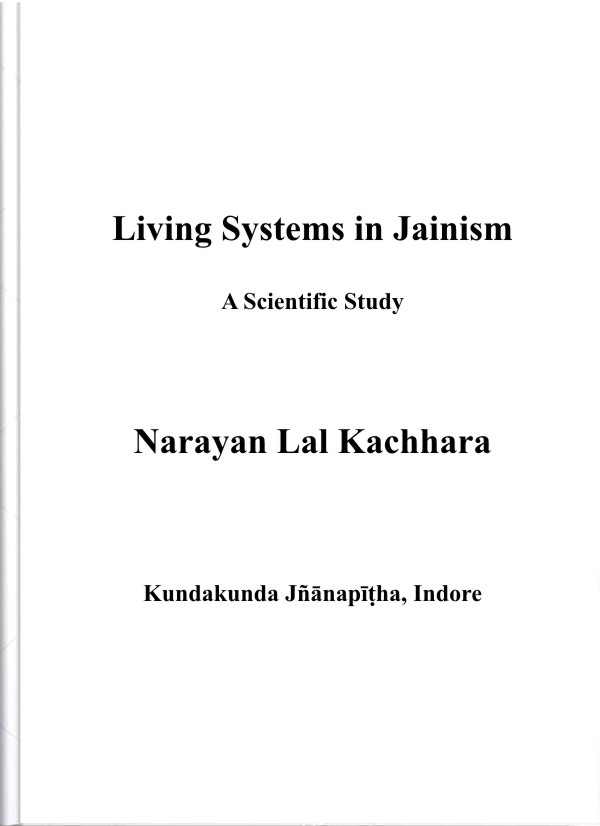"Spiritual Intelligence is a term used by some philosophers, psychologists, and developmental theorists to indicate spiritual parallels with Intelligence Quotient and Emotional Quotient (EQ).
Howard Gardner, the originator of the theory of multiple intelligences, chose not to include spiritual intelligence amongst his "intelligences" due to the challenge of codifying quantifiable scientific criteria. Instead, Gardner suggested an "existential intelligence" as viable. However, contemporary researchers continue to explore the viability of Spiritual Intelligence (often abbreviated as "SQ") and to create tools for measuring and developing it. So far, measurement of spiritual intelligence has tended to rely on self-assessment instruments, which some claim can be susceptible to false reporting."
"Robert Emmons defines spiritual intelligence as "the adaptive use of spiritual information to facilitate everyday problem solving and goal attainment." He originally proposed 5 components of spiritual intelligence:
- The capacity to transcend the physical and material.
- The ability to experience heightened states of consciousness.
- The ability to sanctify everyday experience.
- The ability to utilize spiritual resources to solve problems.
- The capacity to be virtuous.
The fifth capacity was later removed due to its focus on human behavior rather than ability, thereby not meeting previously established scientific criteria for intelligence. Frances Vaughan offers the following description: "Spiritual intelligence is concerned with the inner life of mind and spirit and its relationship to being in the world." Cindy Wigglesworth defines spiritual intelligence as "the ability to act with wisdom and compassion, while maintaining inner and outer peace, regardless of the circumstances." She breaks down the competencies that comprise SQ into 21 skills, arranged into a four-quadrant model similar to Daniel Goleman's widely used model of emotional intelligence or EQ. The four quadrants of spiritual intelligence are defined as:
- Higher Self / Ego self Awareness
- Universal Awareness
- Higher Self / Ego self Mastery
- Spiritual Presence / Social Mastery"
"David B. King defines spiritual intelligence as a set of adaptive mental capacities based on non-material and transcendent aspects of reality, specifically those that:"...contribute to the awareness, integration, and adaptive application of the nonmaterial and transcendent aspects of one's existence, leading to such outcomes as deep existential reflection, enhancement of meaning, recognition of a transcendent self, and mastery of spiritual states." King further proposes four core abilities or capacities of spiritual intelligence:
- Critical existential thinking: The capacity to critically contemplate the nature of existence, reality, the universe, space, time, and other existential/metaphysical issues; also, the capacity to contemplate non-existential issues in relation to one's existence (i.e., from an existential perspective).
- Personal meaning production: The ability to derive personal meaning and purpose from all physical and mental experiences, including the capacity to create and master a life purpose.
- Transcendental awareness: The capacity to identify transcendent dimensions/patterns of the self (i.e., a transpersonal or transcendent self), of others, and of the physical world (e.g., non-materialism) during normal states of consciousness, accompanied by the capacity to identify their relationship to one's self and to the physical.
- Conscious state expansion: The ability to enter and exit higher states of consciousness (e.g. pure consciousness, cosmic consciousness, unity, oneness) and other states of trance at one's own discretion (as in deep contemplation, meditation, prayer, etc.)."
Vineeth V. Kumar and Manju Mehta have also researched the concept extensively. Operationalizing the construct, they defined spiritual intelligence as "the capacity of an individual to possess a socially relevant purpose in life by understanding 'self' and having a high degree of conscience, compassion and commitment to human values."
 Dr. N.L. Kachhara
Dr. N.L. Kachhara
